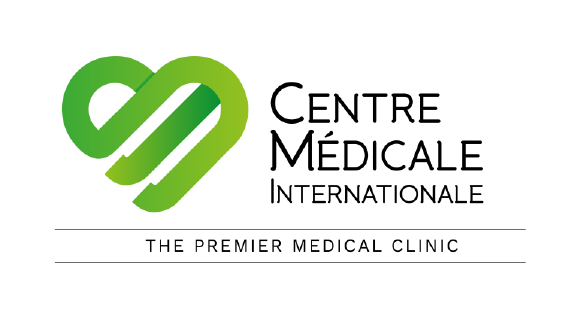Cholesterol: Myths and Facts
Cholesterol: Myths and Facts
Myth: You don’t need your cholesterol checked until you’ve reached middle age.
Fact: The American Heart Association (AHA) recommends checking cholesterol levels once between the ages of 9 and 11 years, and again between the ages of 17 and 21 years for children and young adults without other risk factors or a family history of early heart disease. After age 20, your health care professional will recheck your cholesterol and other risk factors every four to six years as long as your risk remains low.
Myth: Only overweight and obese people have high cholesterol.
Fact: People of any body type can have high cholesterol. Being overweight or obese increases your chances of having high cholesterol but being thin doesn’t protect you. Regardless of your weight, diet, and level of physical activity, you should have your cholesterol checked on a regular basis.
Myth: Having high cholesterol is only a man’s problem.
Fact: Although atherosclerosis typically occurs later in women than in men, CVD remains the leading cause of death in women. Health care professionals should consider women-specific conditions, such as premature menopause (less than age 40) and pregnancy-associated conditions when discussing their cholesterol levels and potential treatment options.
Myth: If your health care professional hasn’t mentioned your cholesterol levels, you are OK.
Fact: You can take charge of your health. If you are 20 or older, ask your health care professional to conduct a cholesterol test, assess your risk factors and determine your risk for heart attack or stroke. If you’re between 20 and 39, your health care professional should assess your lifetime risk. If you’re between 40 and 75, ask your healthcare provider to assess your 10-year risk. If your risks are high, lifestyle changes and statin medication may help manage your risk.
Myth: Your cholesterol level is a result of your diet and physical activity level.
Fact: True, diet and physical activity affect your cholesterol, but they are not the only factors. Getting older and being overweight or obese also impact your cholesterol levels. Some people are born with high cholesterol that they’ve inherited from their parents. Regardless, it is very important to eat a heart-healthy diet and get plenty of moderate-intensity physical activity to reduce your risk of heart attack or stroke.
Read full article HERE.
Sources:
American Heart Association
About Cholesterol
About High Blood Pressure
Additional Resources*
The FH Foundation
Million Hearts
DASH Diet (Dietary Approaches to Stop Hypertension)




